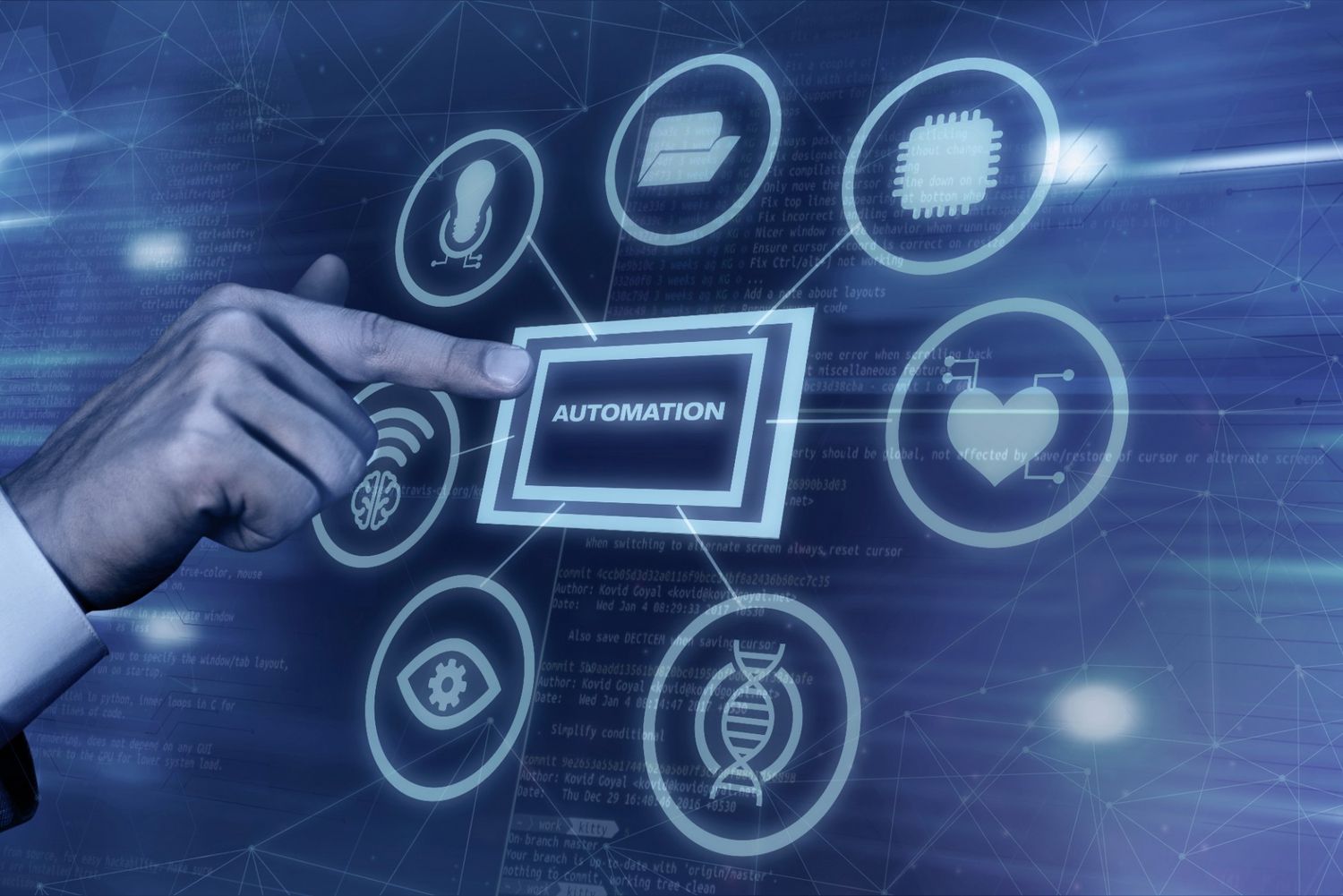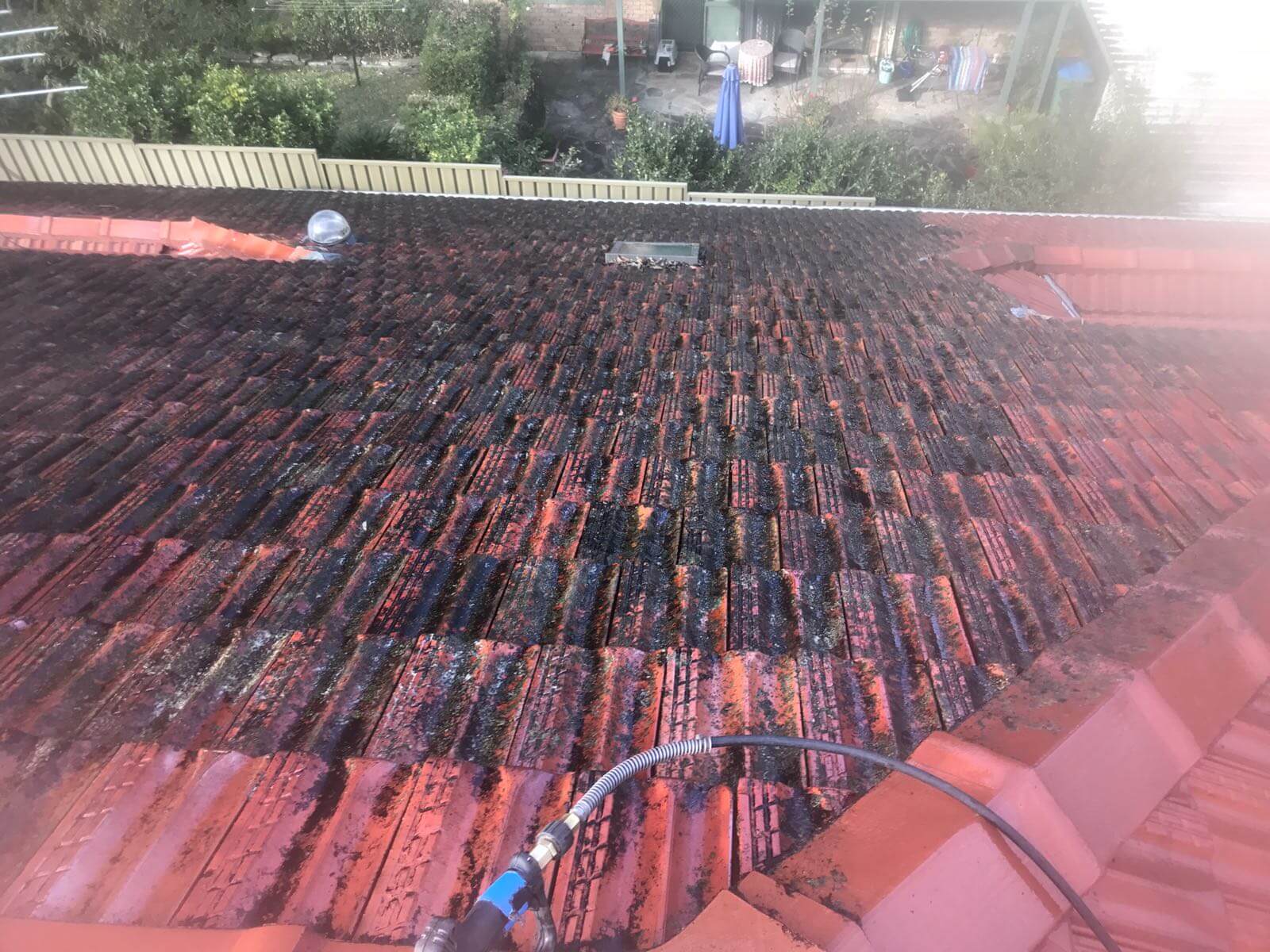Introduction
In 2025, the blockchain industry is undergoing a transformation unlike any other period in its short but intense history. One of the key drivers of this transformation is the merging of artificial intelligence (AI) with smart contracts, creating adaptive, autonomous, and highly efficient decentralized applications. Among the major players at the forefront of this movement is Tron, a blockchain network already recognized for its high throughput, low transaction costs, and thriving decentralized finance (DeFi) ecosystem.
Tron’s latest push into AI-powered smart contracts marks a significant leap forward, not only for its network but for the broader Web3 space. These contracts can adapt in real time, interact intelligently with market conditions, and optimize for user experience without requiring manual code changes. For businesses, startups, and institutional participants, this development presents both opportunities and challenges that demand a deeper understanding of the underlying technology.
Smart contract development companies and specialized smart contract development services are now playing an even greater role in bridging this technological leap. While AI brings flexibility and innovation, professional expertise ensures these systems remain secure, compliant, and performance-optimized.
The Evolution of Tron’s DeFi Ecosystem
Tron began its journey positioning itself as a high-performance blockchain optimized for entertainment and content sharing. Over time, it shifted to embrace broader blockchain applications, with DeFi emerging as a core growth driver. By 2025, Tron boasts a mature ecosystem of decentralized exchanges, lending platforms, stablecoins, and cross-chain bridges.
The introduction of AI-driven smart contracts fits neatly into this trajectory. In traditional DeFi systems, smart contracts execute predetermined rules without deviation. While this ensures predictability and trustlessness, it can be limiting in dynamic markets. Tron’s new AI layer allows contracts to process real-time data, evaluate optimal strategies, and adjust their behavior autonomously.
This innovation does not replace the need for human developers but augments their capabilities. A skilled smart contract development company can now deploy systems that learn from on-chain and off-chain activity, improving capital efficiency, liquidity management, and user incentives.
How AI is Transforming Smart Contract Functionality
AI-driven smart contracts on Tron bring new possibilities that were once considered impractical. The AI layer allows contracts to go beyond static logic, enabling them to analyze data streams, identify patterns, and adjust execution parameters dynamically.
For example, a lending protocol could integrate AI models to monitor borrower health and market volatility in real time, automatically adjusting collateral requirements before a liquidation event. Similarly, automated market makers (AMMs) could use AI to rebalance liquidity pools more efficiently, minimizing impermanent loss for liquidity providers.
These capabilities require careful integration between blockchain logic and AI computation. While the Tron Virtual Machine (TVM) executes the deterministic parts of the contract, AI algorithms process external inputs through oracles, layer-2 services, or off-chain compute nodes. Smart contract development services now include AI integration expertise, ensuring that both layers communicate securely and efficiently.
The Role of Smart Contract Development Companies in 2025
The leap from traditional to AI-driven smart contracts is not just a coding challenge—it is a multidisciplinary project involving blockchain engineering, data science, security auditing, and regulatory analysis. A professional smart contract development company can manage the end-to-end process, from conceptual design to mainnet deployment.
In the context of Tron’s DeFi ecosystem, these companies are responsible for ensuring that:
-
AI models are trained on relevant and high-quality datasets.
-
On-chain logic is optimized for Tron’s high-speed architecture.
-
Oracles and API integrations are secure and tamper-resistant.
-
The final contract meets industry security standards through rigorous audits.
Additionally, these companies help navigate the legal frameworks emerging around AI and blockchain. With many jurisdictions still defining AI accountability in decentralized systems, legal alignment during development can prevent costly post-launch issues.
Security Challenges in AI-Powered Smart Contracts
The integration of AI introduces new attack vectors that traditional smart contract developers may not have encountered before. AI models can be manipulated through adversarial inputs, creating scenarios where a malicious actor could influence a contract’s decision-making. Data feeds, even when sourced from trusted oracles, can be subject to delay, corruption, or targeted misinformation.
Smart contract development services now emphasize AI-specific security audits. These audits go beyond verifying code correctness—they test the resilience of AI decision-making processes, data validation mechanisms, and fallback systems in case of unpredictable outputs. For Tron-based projects, these audits must also account for the network’s specific gas economics, consensus timing, and scalability features.
By partnering with experienced developers, businesses launching AI-powered contracts on Tron can ensure robust safeguards are in place without sacrificing innovation.
DeFi Use Cases Enhanced by Tron’s AI Smart Contracts
The practical applications of AI-enhanced contracts within Tron’s DeFi ecosystem are vast. Yield optimization platforms can dynamically shift liquidity across pools and protocols based on predictive analytics. Lending protocols can better anticipate market downturns and mitigate mass liquidations. Stablecoins can maintain pegs more effectively by monitoring a wider array of economic indicators in real time.
For retail users, this means more efficient capital usage, lower risks, and potentially higher returns. For institutional participants, it opens opportunities to structure complex financial products that operate autonomously and adapt to changing market conditions.
These advanced features are only achievable when supported by robust smart contract development services that understand both AI architecture and blockchain deployment best practices.
The Competitive Advantage for Businesses
Adopting Tron’s AI-driven smart contracts in 2025 gives businesses a competitive edge by offering faster execution, dynamic adaptability, and the ability to innovate financial products beyond static logic constraints. Startups can differentiate themselves by creating DeFi applications that continuously evolve without requiring disruptive upgrades.
Enterprise-level players can integrate AI smart contracts with existing business systems through API layers, enabling blockchain-based settlement processes that respond to corporate performance data or supply chain events.
Working with a smart contract development company ensures these solutions are delivered with scalability and compliance in mind, avoiding costly redeployments or security incidents.
Future Outlook: AI and DeFi Beyond 2025
Tron’s current trajectory suggests that AI integration will become a standard expectation in DeFi, much like oracles and Layer-2 solutions are today. As AI models improve and blockchain scalability continues to expand, the sophistication of these contracts will grow, potentially enabling autonomous DAOs that manage entire ecosystems without human intervention.
However, this evolution must be paired with governance frameworks, ethical guidelines, and clear accountability. Smart contract development services will increasingly include governance design and ongoing AI model auditing as core offerings.
Conclusion
Tron’s push into AI-powered smart contracts represents a pivotal moment for both its network and the broader DeFi landscape. The combination of real-time adaptability, intelligent decision-making, and decentralized execution opens new possibilities for financial innovation. Yet, with these opportunities come new technical, security, and regulatory challenges.
For startups and enterprises aiming to leverage Tron’s advancements, the most strategic move is to engage with an experienced smart contract development company capable of delivering secure, compliant, and high-performance AI-blockchain solutions. In the rapidly evolving Web3 ecosystem of 2025, those who combine innovation with expert execution will define the next generation of decentralized finance.



